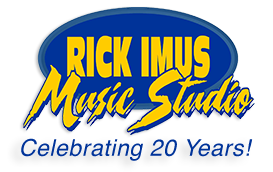Rehearsing After Recording
The great classical guitarist Andres Segovia did not record a song that hadn’t been played on stage for five years. Think about all the issued that were decided by the time he set foot in the studio: fingerings, articulation, tempo, instrument model, dynamics – all the elements of interpretation and technical performance have been settled.Actors on the TV series MASH would continue to rehearse after scenes were filmed. Let’s take a look at why that could be a good idea and what it means for recording artists in music.
It’s a healthy thing to say that just because a performance meets a standard, doesn’t mean it’s the best available presentation. By the time performers get a take they are happy with, there is probably momentum towards more creative, more inspirational ideas.
The great classical guitarist Andres Segovia did not record a song that hadn’t been played on stage for five years. Think about all the issued that were decided by the time he set foot in the studio: fingerings, articulation, tempo, instrument model, dynamics – all the elements of interpretation and technical performance have been settled.
There are benefits to resisting the temptation to set aside a song that’s been recorded due to a timeline or due date and continue to develop the performance aspects, ready for live presentation or another recording opportunity.
